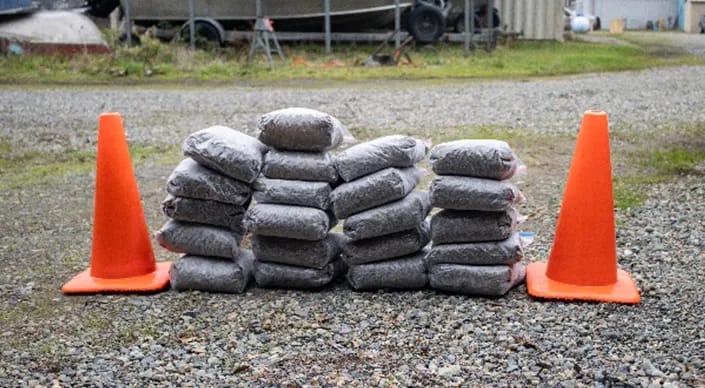- The Columbia Basin Bulletin
- Posts
- Columbia Basin Bulletin - February 12, 2025
Columbia Basin Bulletin - February 12, 2025
Court Willamette Hatchery Ruling, Alaskan Invasive Species Research, 4 Month Marine Organism Survey... and more

A federal judge in Oregon has ruled that releasing hatchery-raised, non-native summer steelhead into the North and South Santiam rivers in the Willamette River system harms the river’s wild winter steelhead and violates the federal Endangered Species Act.
Northern pike are moving through salt water to invade freshwater habitats in Southcentral Alaska, according to a new study.
NOAA Fisheries scientists have completed a 4-month, roughly 4,500-nautical-mile, survey of marine mammals and seabirds off the U.S. West Coast.
Western Washington’s Olympic Peninsula summer and winter steelhead were found by NOAA Fisheries in November 2024 to be at moderate risk of extinction, but the federal agency has yet to list the fish as threatened or endangered under the federal Endangered Species Act, according to a new complaint filed Jan. 17 in federal court by The Conservation Angler and the Wild Fish Conservancy.
A drier than normal January is contributing to February’s lower Columbia River basin water supply forecasts for the months ahead.
The tiny particles that shed from clothing, packaging and other plastic products are winding up in the fish that people eat, according to a new study from Portland State researchers, highlighting a need for technologies and strategies to reduce microfiber pollution entering the environment.
Two tugboats infested with quagga and zebra mussels were intercepted last month at the Spokane watercraft inspection station.
Hunting greater numbers of male deer can slow the spread of chronic wasting disease, a lethal wildlife disease, according to a new study by the U.S. Geological Survey and the Wyoming Game and Fish Department.
The California Department of Fish and Wildlife has announced the selection of 15 projects that will receive funding for the restoration, enhancement and protection of salmon and steelhead (anadromous salmonid) habitat in California watersheds.
Two federal agencies are extending the public scoping period for the Columbia River System Operations Supplemental Environmental Impact Statement (SEIS.)









